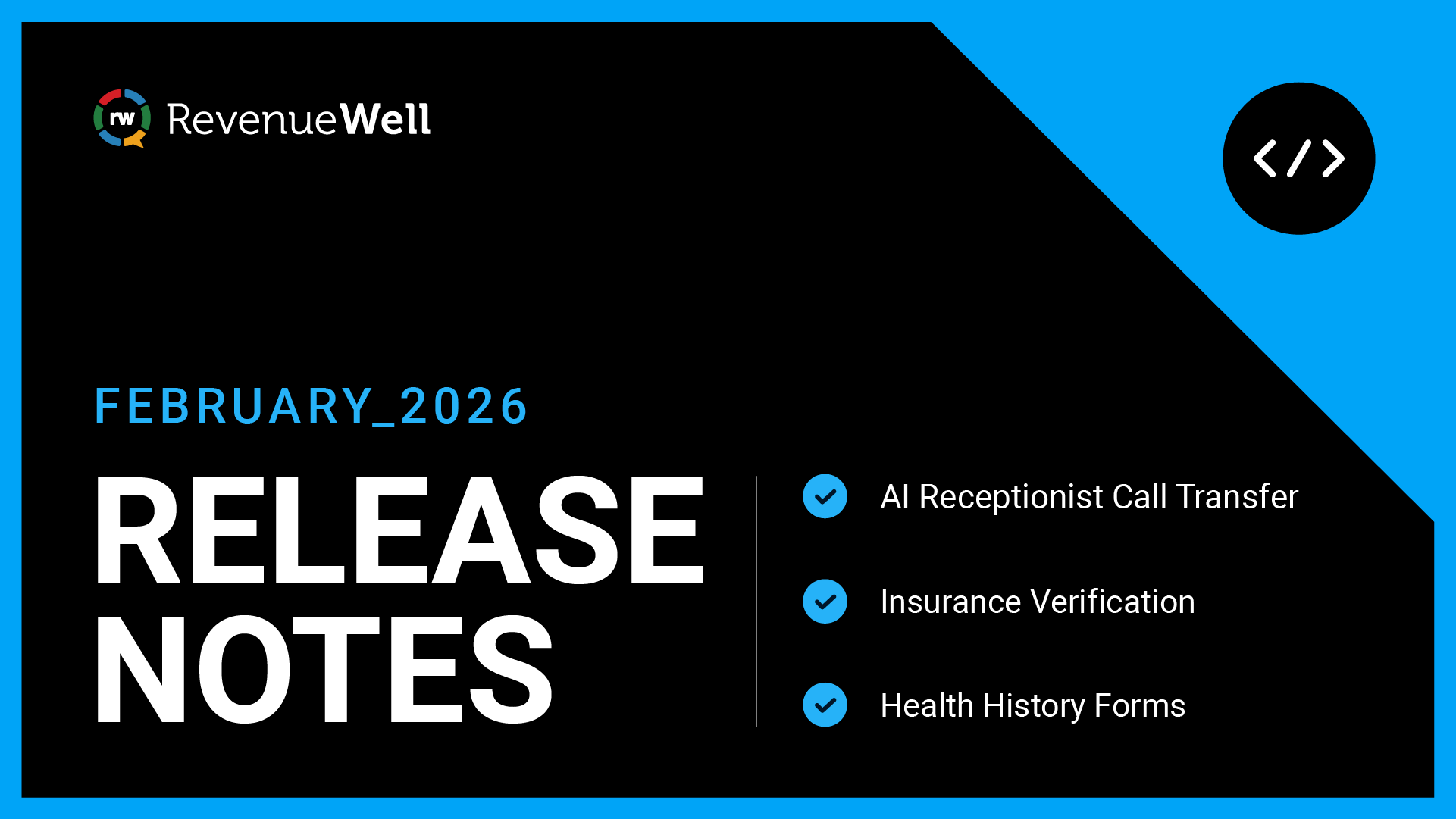Navigating the March 2024 Core Update: SEO Insights for Dentists

In the fast-paced world of digital marketing, staying ahead of algorithm updates is crucial for maintaining and improving online visibility. One such significant event occurred in March 2024 when search engine giant Google rolled out a core update that sent ripples through the SEO community. While these updates aim to enhance user experience and provide more relevant search results, they often require website owners to adapt their strategies. In this blog post, we'll delve into the impact of the March 2024 core update on SEO for dentists and explore strategies to succeed in this ever-evolving landscape.
Understanding the March 2024 Core Update: Google introduced tweaks to various ranking factors that determine a website's position in search engine results pages (SERPs). While Google typically remains tight-lipped about the specifics of these updates, SEO experts closely monitor changes in search rankings and traffic patterns to decipher their implications.
Impact on SEO for Dentists: For dental practices relying on organic online visibility to attract new patients, understanding the impact of algorithm updates is paramount. Here are some key aspects of the March 2024 core update and how they may affect SEO strategies for dentists:
- Content Quality and Relevance: Google continues to prioritize high-quality, relevant content that addresses users' search queries effectively. Practice teams must ensure their website content is accurate, comprehensive, and valuable to visitors. This includes optimizing landing pages, blog posts, and service pages with relevant keywords and providing informative content that addresses common dental concerns and questions.
- User Experience (UX) and Mobile-Friendliness: User experience has long been a crucial ranking factor for Google, and the March 2024 update further emphasizes the importance of a seamless browsing experience. The importance of mobile optimization and ensuring that your website is responsive and easy to navigate on smartphones and tablets cannot be overstated. This includes fast page loading times, intuitive navigation, and clear calls-to-action to encourage user engagement.
- E-A-T (Expertise, Authoritativeness, Trustworthiness): Google places a strong emphasis on E-A-T factors when evaluating website quality, particularly in industries like healthcare. Dentists should demonstrate these qualities through their online presence. This can be achieved through content such as detailed practitioner bios, patient testimonials, awards and accreditations, and informative blog posts authored by dental professionals.
- Local SEO and Google My Business: For dental practices targeting local clientele, optimizing for local search is essential. The March 2024 core update may have influenced local ranking factors, emphasizing the importance of maintaining an accurate and optimized Google My Business profile. Dentists should ensure their listing is up to date with correct contact information, business hours, and service offerings. Encouraging satisfied patients to leave positive reviews can also boost local visibility.
Adapting to Algorithm Updates: In the ever-evolving landscape of SEO, adaptability is key to success. Dentists and dental marketers should closely monitor changes in search rankings and traffic following algorithm updates, identifying areas for improvement and adjusting their strategies accordingly. This may involve conducting regular website audits, optimizing for new ranking factors, and staying informed about industry best practices.
For dental practices that don’t have a dedicated person to monitor, write, and edit website content, it might be advantageous to consider hiring an agency that specializes in dental website design and content creation, such as RevenueWell.


.png)
